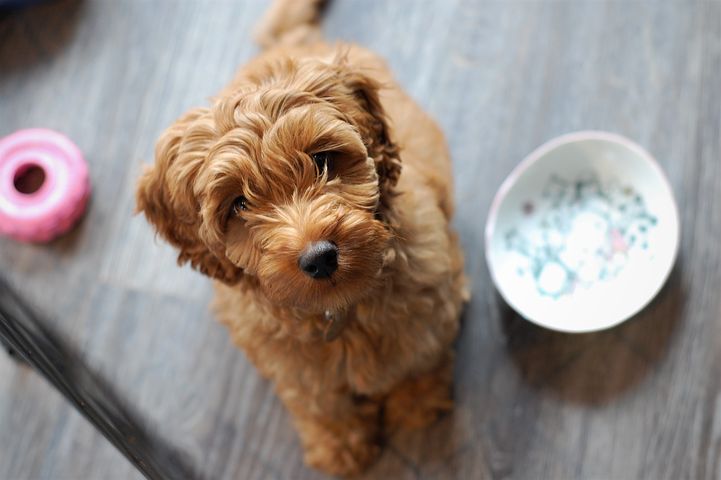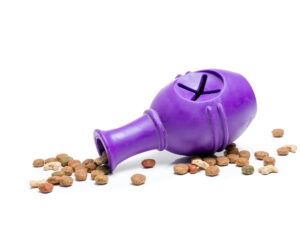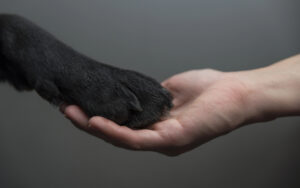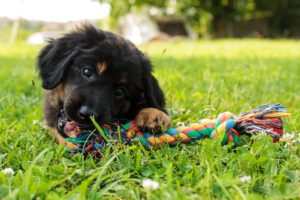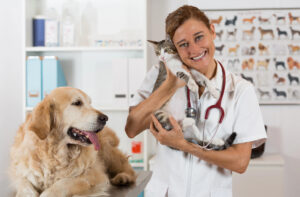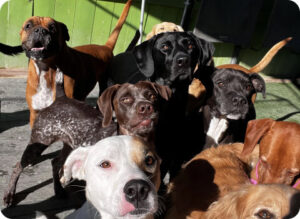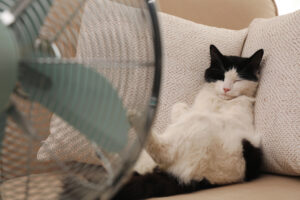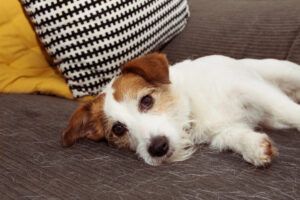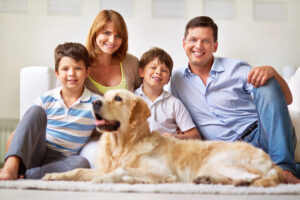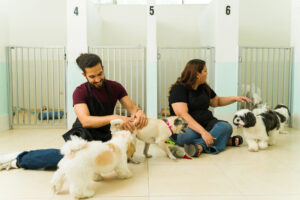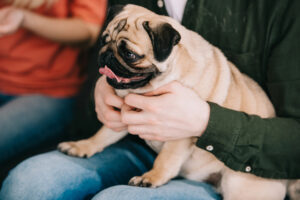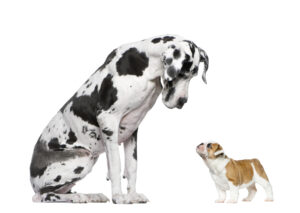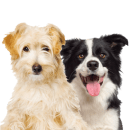Your pet’s weight is an easy way to determine their quality of life. Pets that maintain an unhealthy weight are at risk for heart disease, major joint and bone issues, diabetes, difficulty breathing, and decreased liver function. In other words, obesity in pets could have very dire consequences. If your furry companion is struggling to maintain a healthy weight, here are some tips:
Refrain from free-feeding your pet
Free-feeding is when you make food available to
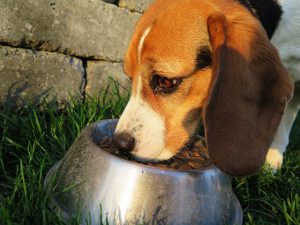 your pet at all times. Leaving food in your pet’s bowl all day can lead to unwanted consequences such as weight gain. This method allows your cat or dog to eat whenever they want – this is usually easier for you since you don’t have to partake in scheduled eating. However, this method is not without flaws.
your pet at all times. Leaving food in your pet’s bowl all day can lead to unwanted consequences such as weight gain. This method allows your cat or dog to eat whenever they want – this is usually easier for you since you don’t have to partake in scheduled eating. However, this method is not without flaws.
When your pet’s bowl is never empty, it is difficult to identify your pet’s eating habits. For example, if your pet feels ill, it may not want to eat. If you free-feed your animal, you probably won’t be able to see a difference in their eating which could lead to your pet feeling sick longer than necessary.
On top of this, free-feeding encourages negative eating habits which can lead to weight gain. When your pet has food available at all times, they may overindulge.
In order to avoid this, use a controlled feeding method. This method recommends that you measure out their portion carefully using a scale. It is important to be accurate since many of our furry friends won’t stop eating even when they’re full. Also, schedule times to feed your pet. This allows feeding to become a part of both you and your pet’s routine.
Stop feeding your pet from the table
When you feed your animal scraps from the table, you not only condone bad behavior, but you are also contributing to their increased weight. Human food is richer and has a higher calorie content than dog food. In addition, there are many human foods that are toxic and harmful to pets.
Make sure scraps end up in the trash and if you find it hard to avoid their adorable begging behaviors, keep them in another room while you eat.
Exercise
Exercise is one of the most important ways to control your pet’s weight. Make sure you exercise your pet each day – whether this is walking, playing fetch, or other interactive activities. Depending on your pet’s breed, some may need more exercise than others. Exercise will increase their metabolism, reduce their weight, and will leave your dog a happier, healthier, individual.
Cut down on treats
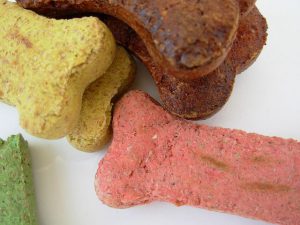 Treats can be a great way to reward and reinforce good behavior. However, too many treats can lead your pet to unnecessary weight gain. If your pet has put on some extra pounds, try switching to healthy alternatives. Baby carrots, blueberries, frozen green beans among many others are great alternatives to normal dog treats. You could even make your own healthy dog treats using similar ingredients.
Treats can be a great way to reward and reinforce good behavior. However, too many treats can lead your pet to unnecessary weight gain. If your pet has put on some extra pounds, try switching to healthy alternatives. Baby carrots, blueberries, frozen green beans among many others are great alternatives to normal dog treats. You could even make your own healthy dog treats using similar ingredients.
Feeding your pet healthy, portioned food will help with weight control and ultimately lead to a better life for your animal. There are many health risks that are associated with obesity in pets, therefore, we should take care of our pets and watch their weight.




